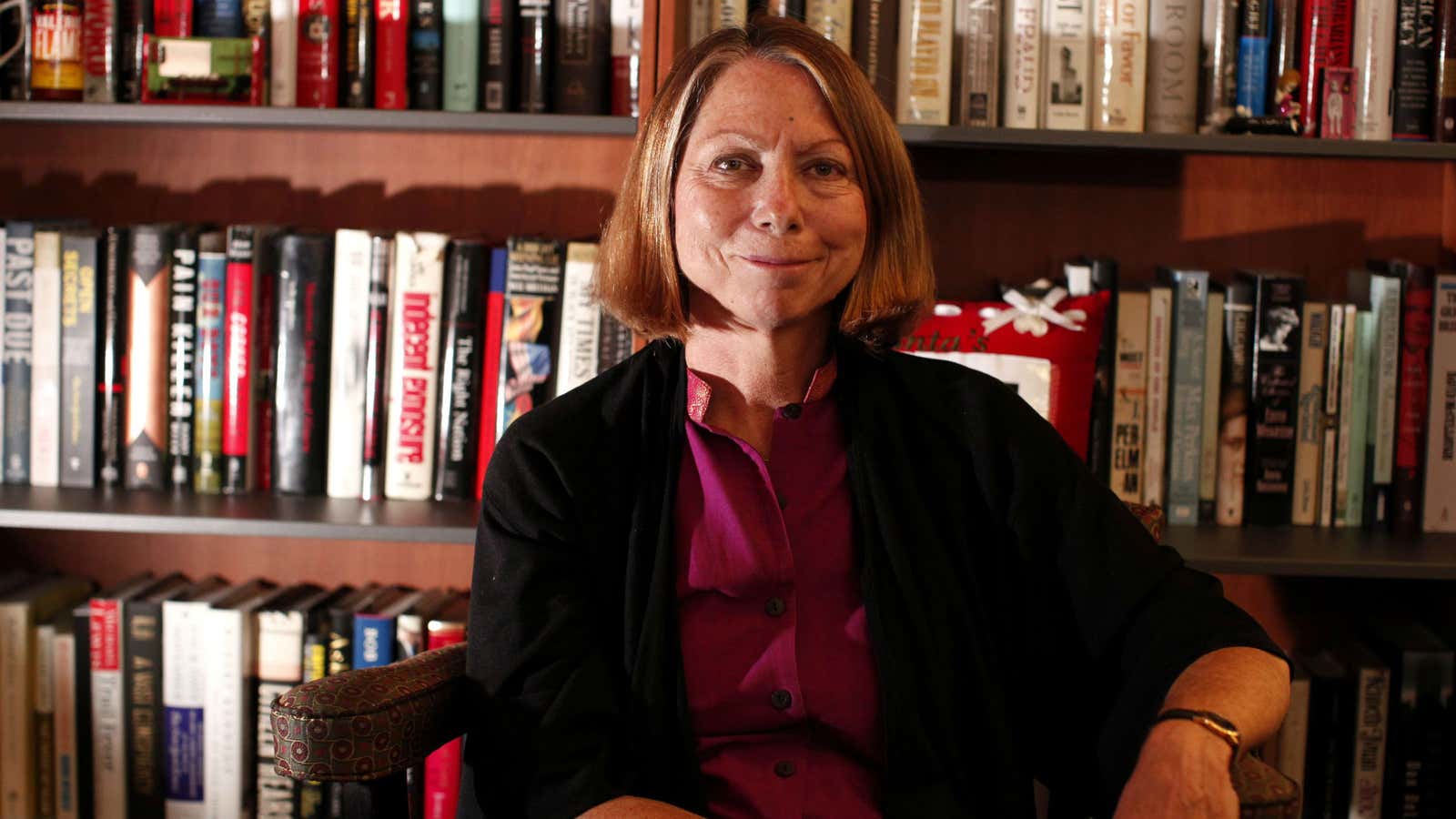As a US Army Reserve Captain, I was assigned to Operation Cobra Gold, the largest Asia-Pacific military exercise. Held in Thailand every year over the course of three weeks, it is as much an exercise in diplomatic relationship-building and peacekeeping as it is in combat readiness. It was 1987, and as the only female officer assigned to the mission, I jumped at the opportunity to interact with counterparts from other countries and prove my diplomacy chops. Little did I know that I would need those skills with leaders from my very own country.
When I reported to the commander of Cobra Gold, the first thing he said was, “What the hell are you doing here?” I began to explain that my mission was to assist refugee operations during combat. He told me to shut up. There was no place for a woman in his operations. He looked at the major by his side who nodded his agreement. He told the major that I was to sit in the back of the open area, in the corner, and be invisible for the next three weeks. I left his office in shock but reminded myself that my commander in California had selected me for this operation, and I wasn’t about to let him down. I found an area in the back and quietly started to work with my Thai counterpart, collaborating on humanitarian relief plans.
Although the Cobra Gold commander had ordered me to do nothing, I knew I had to do my job. If I hadn’t, I would prove the men who believed I was worthless right. Being one of the first women in the experimental ROTC (Reserve Officers’ Training Corps) class of 1972 in which women were trained equally with men, I already had experience with men who did not consider women to be equals and who were fearful that we would rise above them. The drill sergeant screaming in my face was one thing—all cadets went through that—but it was disheartening to put your heart and soul into completing a mission and then be ridiculed only because I was female. I would stand still, with a stoic face, as an officer or sergeant told me in great scatological detail how I was ruining the military. I showed no pain on the outside, but it tore at me on the inside. Ten years later, the disrespect and disregard for women continued even as it grew more subtle. I knew I had to work twice as hard as the male officers to be considered an equal.
One day, the major got wind that I wasn’t sitting quietly doing nothing as he had been commanded to ensure. “Stop being a pushy bitch! We don’t want you here! ” he yelled in front of everyone. It was humiliating, especially because it happened in front of subordinates. But I also couldn’t give in. “Sir, I’m here to do a job, and I’m going to do it,” I said. He slammed his fist on my desk and called me even more ugly names.
The more he pushed, the more I pushed back. I did not back down. Those three weeks were the longest weeks of my life. I returned stateside exhausted, but felt that I had done everything I could to fulfill my responsibilities.
The next year I returned. Only this time I wasn’t the only woman soldier. Many had arrived to be part of the mission. This time we were not ignored and were assigned meaningful responsibilities. In my way, I had pushed through a path for other women.
Women have to prove themselves every day. When a man states bluntly what he thinks, he is praised for being direct. When a woman states bluntly what she thinks, she is called brusque. When a man asks for a raise, he is praised for his assertiveness. When a woman asks for a raise, she is difficult to work with. When a man shares his ideas, he is creative. When a woman does, she is pushy.
This week showed that pushy women are unpopular in some workplaces. Under just-ousted editor Jill Abramson’s watch, the New York Times won eight Pulitzer Prizes and total revenues increased for the first time in three years. Paid subscriptions were up, as was the share price.
We learned that she was replaced by a subordinate who admits to a public tantrum and hitting walls, behavior that was rewarded with a promotion, while Abramson, who got the job done, was called pushy and brusque—and got the boot.
What the New York Times and parts of society are not acknowledging is that pushy women raise the standards of quality of work. Pushy women will not sit quietly in the corner and will not accept the status quo. Pushy women do the job better than their male counterparts so they can be considered “equal.” Pushy women fight the battles for equal pay and equal benefits so other women do not have to. Pushy women break through the glass ceiling, and then many hold their hand out to help other women up.
A salute to Jill Abramson and all pushy women.
